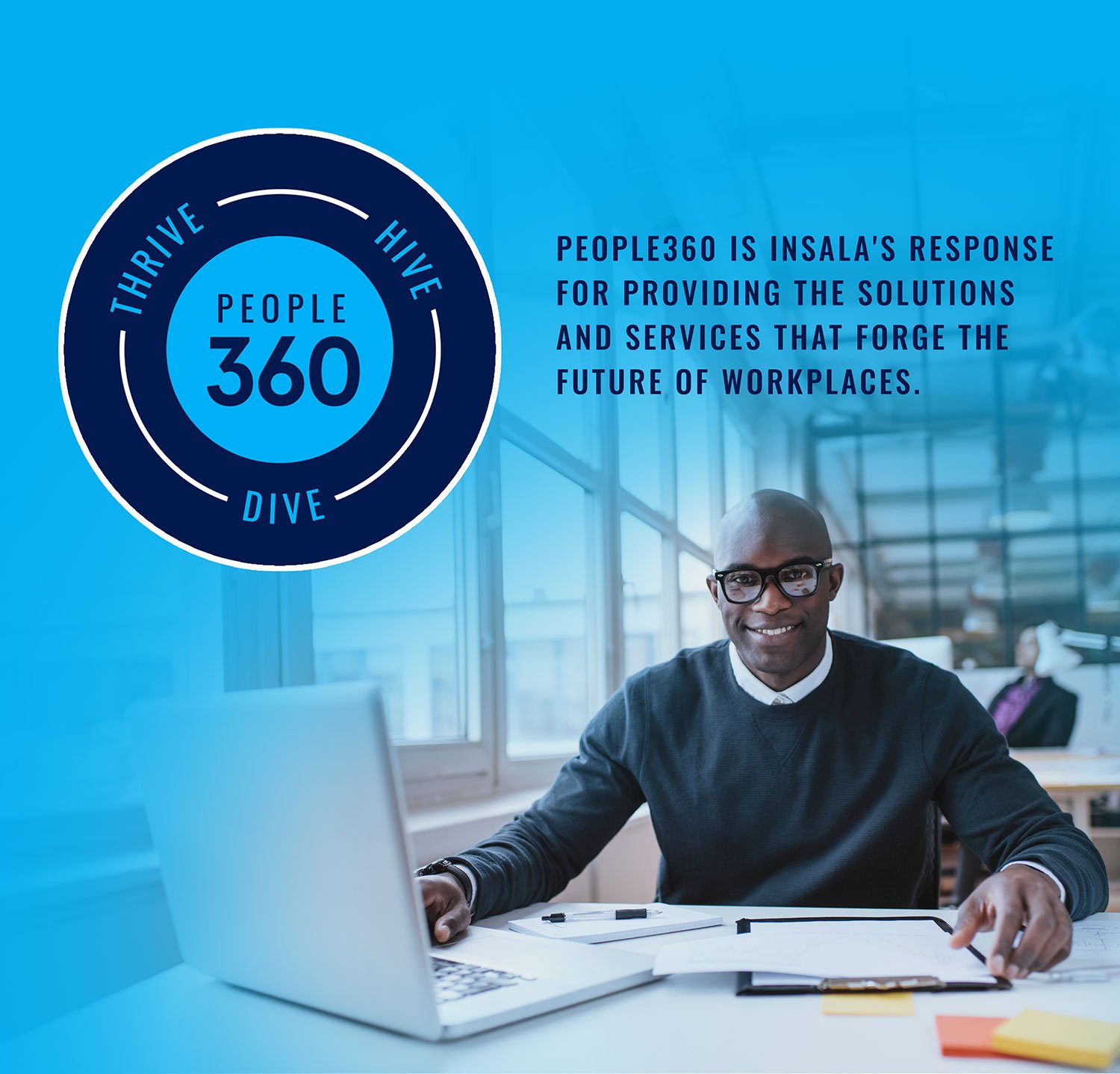Reverse Mentoring Explained: Rise and What Makes It So Popular
Reverse Mentoring Explained: Rise and What Makes It So Popular Where diversity of thought is embraced, a new mentoring paradigm has emerged: reverse mentoring. Once ...
Read more
You've led the horses to water, how can you get them to drink? This age old question points to engagement. How can you engage your mentors and mentees? And how you ensure the mentor and mentee relationship will be a success?
Start with the basics
The formal mentoring program is up and running. The mentors and mentees have been qualified and matched; now what? It can be awkward meeting or even contacting for the first time, let alone knowing you'll be with this mentor or mentee for weeks/ months. How can you circumvent this all? How can you assure the relationship is running smoothly?
Formalize and operationalize.
Once a proper match has been accepted on the mentor and mentees side, acknowledge each other - don't be shy. Send a message or have a face to face interaction. Then get down to scheduling. Meetings between mentor and mentees should take place monthly, with check-ins via email or face-to-face in between. Meeting too frequently can be a bother and not meeting frequently enough can slow progression down to a stop.
Sell them on the program:
The Mentee needs to have confidence in the program for the relationship be fruitful. The first step to engagement between mentor and mentee is to have both parties on the same page, believing in the viable success of the partnership.
Objectives must be defined.
This answers the why?; why are we meeting and what are we accomplishing? If both mentor and mentee understand their roles and duties, they need to understand that this mentorship has a purpose to be achieved. Identifying the objective also helps when matching mentor and mentee.
Timing is everything.
Remember both participants are busy people. There need to be clearly defines times to meet and those times need to be adhered to. Be realistic with the time frame you set. If your objective is leadership development and the mentee hopes to achieve responsibilities of a chief officer, that is obviously going to take some time. The mentee must seek out a mentor with that window of time.
Stick to the game plan.
The mentor/mentee relationship is a highly-valued, strategic partnership. The mentor must be engaged on the big topics where the mentee need feedback and guidance for the long-haul. The mentee must not diminish the value of the mentor by engaging tactical feedback (i.e. PowerPoint proofreading). Don't confuse strategic counseling with peer review or advice from a friend. The mentor is not your friend, or your boss, he or she is just your mentor. If the mentor does not feel he/she is providing strategic value, then the relationship will fall down on the list of priorities and decay quickly.
Keep up with progress.
Mentees and mentors should track the progress made in the relationship, not only for the organization's ROI for the program, but to insure the partnership is productive. You’ll want to keep in mind the mentees objective when heading into the program, and how much they have improved since. If the relationship isn’t working out there should always be a “no fault reassignment policy” to ensure both parties can continue mentoring elsewhere in the organization.
Feedback should be encouraged and expected.
This relationship is about achieving progress. Feedback and guidance should factor into that regularly. The mentee is in the relationship to receive criticism and improve on their proficiencies. The mentee engages the mentor to learn from them, the mentee should take the feedback constructively and build upon it.
Be grateful to your mentor.
Whenever and objective or goal is achieved, make sure the mentee takes the time to thank their mentor for their time. Remember they are valuable industry professionals who are usually volunteering in this program. Mentees should be grateful to the time they’ve been allotted and make sure to let their mentors know.
A mentoring relationship is a highly functioning relationship that can achieve results if flowing smoothly. As long as both parties are clear on what they need to achieve, when they are going to achieve it, and how they will go about doing so, the mentorship will perform well. There are many ways to improve mentor and mentee engagement.
As long as everyone is on the same page, the program will run efficiently. For more information on mentoring programs visit our website or schedule a demo.


Reverse Mentoring Explained: Rise and What Makes It So Popular Where diversity of thought is embraced, a new mentoring paradigm has emerged: reverse mentoring. Once ...
Read more
What is Corporate Mentoring? Every organizations has a need to continuously develop the skills and careers of their workforce. Corporate ...
Read more
The Benefits of Mentoring Software If you are considering using software to manage your mentoring program, you need to be clear on ...
Read more
Quick Tip: Keep Marketing To Your Staff During Your Employee Mentoring Program Most organizations believe that ...
Read more
Start A Professional Services Mentoring Program - Your 8-Step Plan
Read more

People360 is a pioneer and industry leader recognized by Global 1000 and Fortune 500 companies and associations internationally, for 27+ years as a leader in Career Management, Mentoring, Coaching, Career Transition, Alumni Software solutions and People Analytics.
© 2024 People360. All rights reserved. Privacy Policy